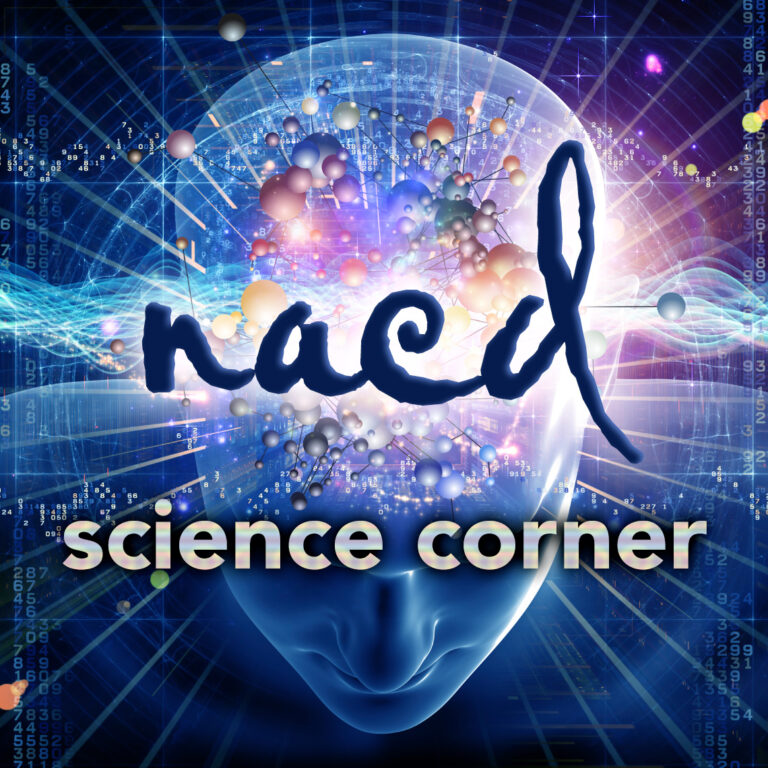Science Corner Vol. 4 – Brain Imaging: What It Can and Can’t Tell Us
The National Association for Child Development is always looking for the best knowledge to further our understanding of developmental disorders and their remediation. Therefore, we are fascinated by the prospects of neuroscience research, but are fully aware of the current limitations. One major area of neuroscience research that has generated a lot of hyped buzz…

